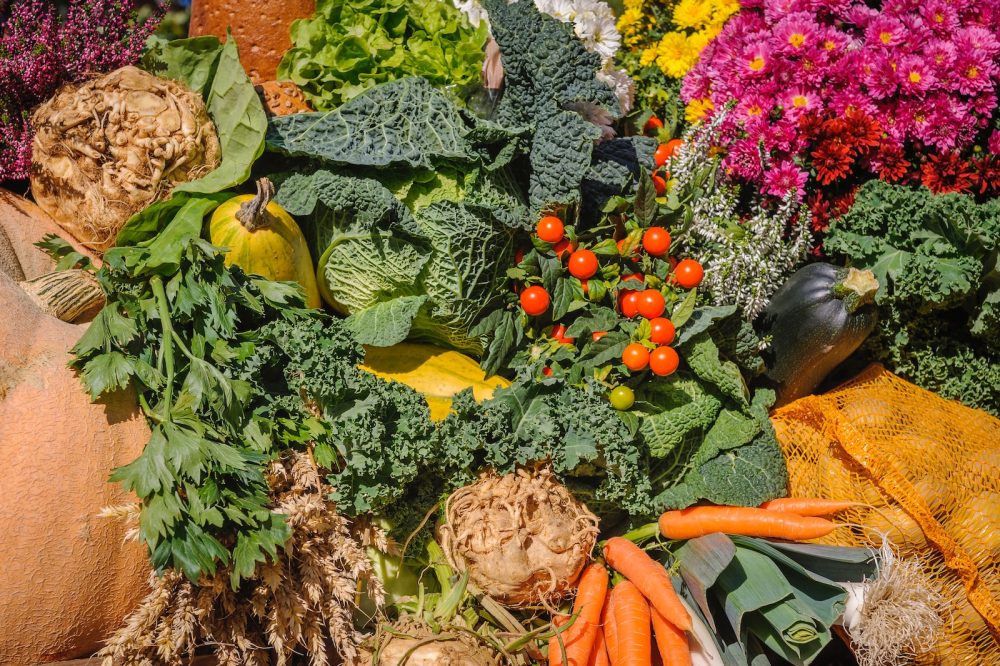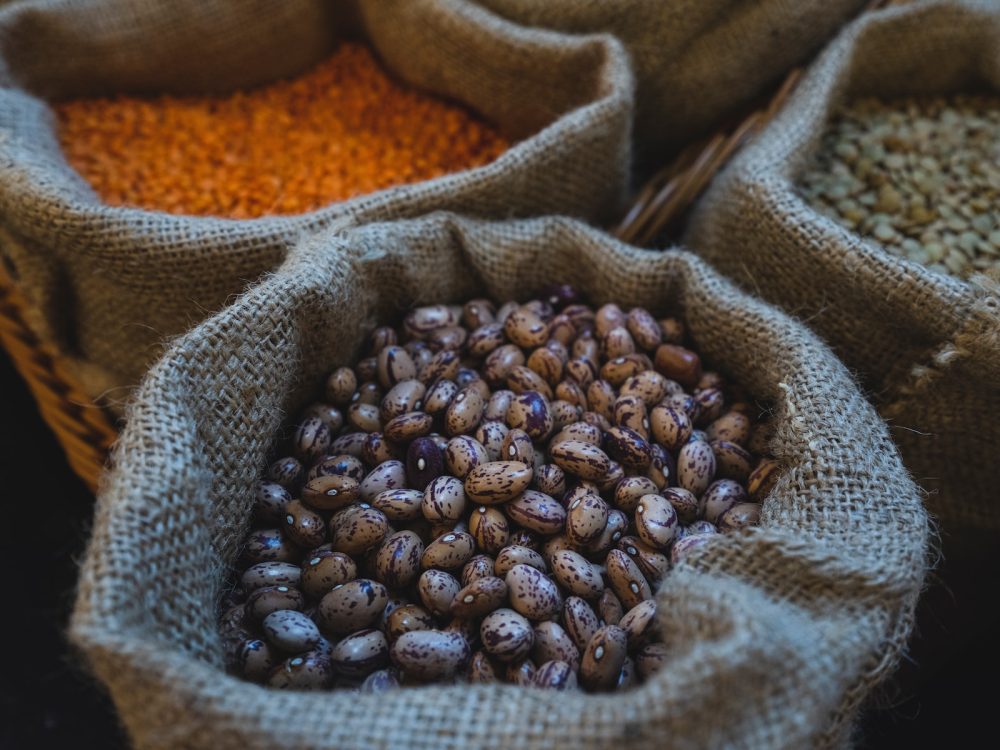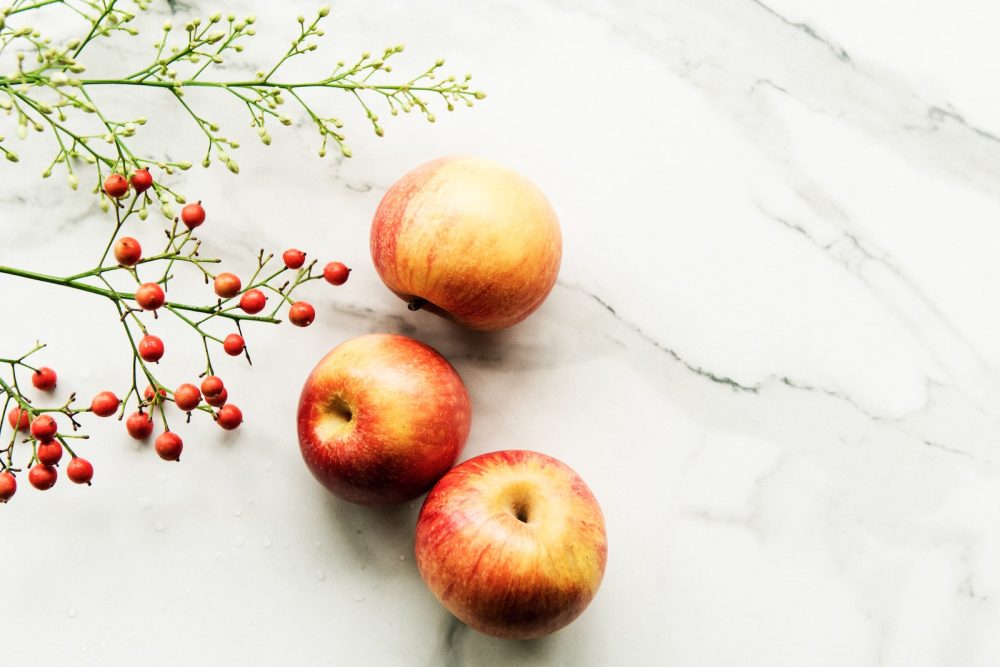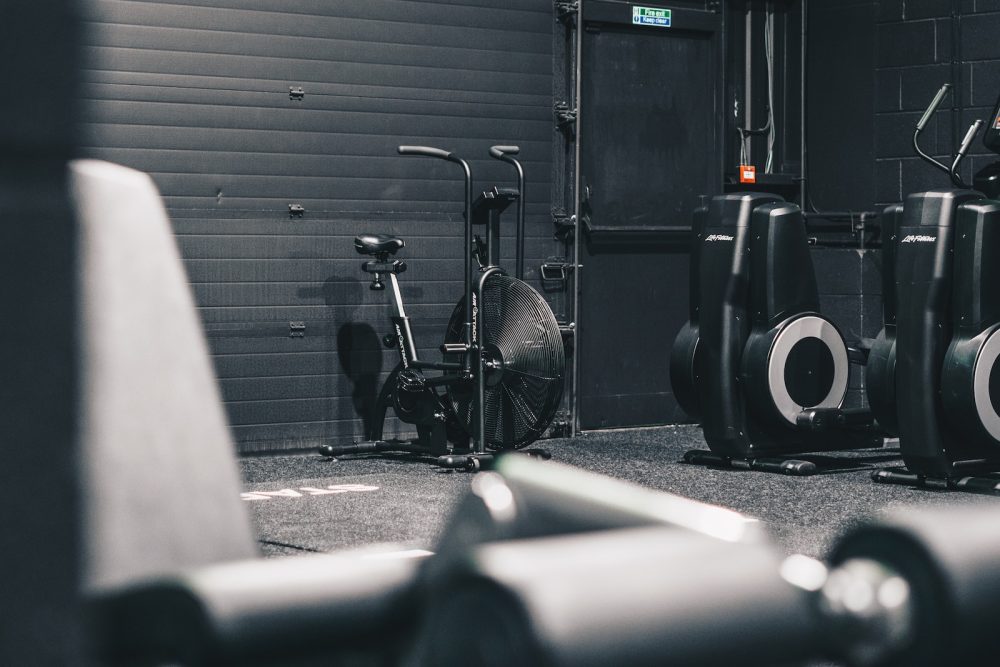Bloating is a common and normal experience that can be caused by a variety of factors, including eating too quickly and menstrual bleeding. Some foods, particularly those high in carbohydrates, can contribute to bloating by causing excess gas in the stomach. This can be exacerbated for those with digestive issues such as irritable bowel syndrome, celiac disease, small intestinal bacterial overgrowth, or intolerance to gluten or lactose.
These foods are referred to as FODMAP foods, which contain carbohydrates that our bodies cannot fully digest. The undigested carbohydrates in these foods can accumulate in the small intestine, attracting excess gas and liquid and causing bloating. In addition, some people may have difficulty digesting gluten, a protein found in certain foods, and fiber-rich foods such as beans and broccoli can also lead to excessive gas.
If bloating is a problem for you after eating, it’s important to take a closer look at the types of foods you’re consuming. Foods known to cause bloating include broccoli, cabbage, legumes, dairy, apples, salty foods, onions, garlic, watermelon, and wheat. To reduce bloating, consider eating low-FODMAP foods such as cucumbers, asparagus, celery, carrots, chicken, fish, bananas, papaya, pineapple, and berries, as well as yogurt with probiotics, kombucha, kefir, fennel seeds, ginger, peppermint, chamomile, turmeric, and cinnamon.
Here are some tips for dealing with specific bloating triggers:
Cruciferous Vegetables: Kale, broccoli, and cabbage contain raffinose, a sugar that is fermented by gut bacteria, leading to gas and bloating. While these vegetables are beneficial for overall health, it’s recommended to limit portions and cook them to make them easier to digest.

Legumes: Beans, lentils, soybeans, and peas are known for causing gas and bloating due to the sugars and fibers they contain. To minimize these effects, try combining legumes with easily digestible grains such as rice or quinoa, and eating them regularly rather than sporadically.

Dairy: If you experience gas after consuming dairy products, you may be lactose intolerant, meaning your body lacks the enzymes to properly break down lactose. To avoid this, opt for lactose-free or nondairy alternatives, or use lactase tablets like Lactaid.
Apples: Apples are high in fiber and contain fructose and sorbitol, sugars that can cause bloating for some people. To minimize these effects, eat apples in moderation and separately from other foods. Other fruits that can cause bloating include pears, peaches, and prunes.

Salty Foods: High-sodium foods can lead to water retention and bloating. To reduce sodium intake, be mindful of the sodium content of processed foods and opt for fresh, whole foods.
By identifying and avoiding foods that trigger bloating, you can reduce discomfort and enjoy a more comfortable digestive experience.






